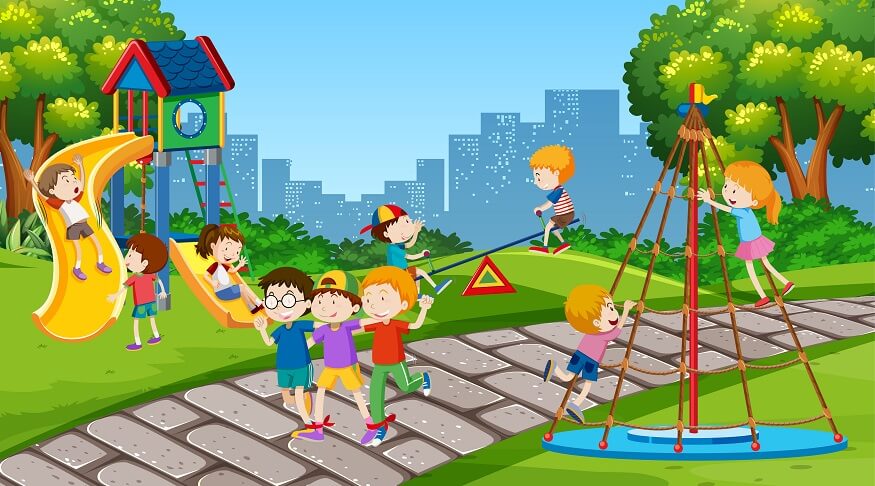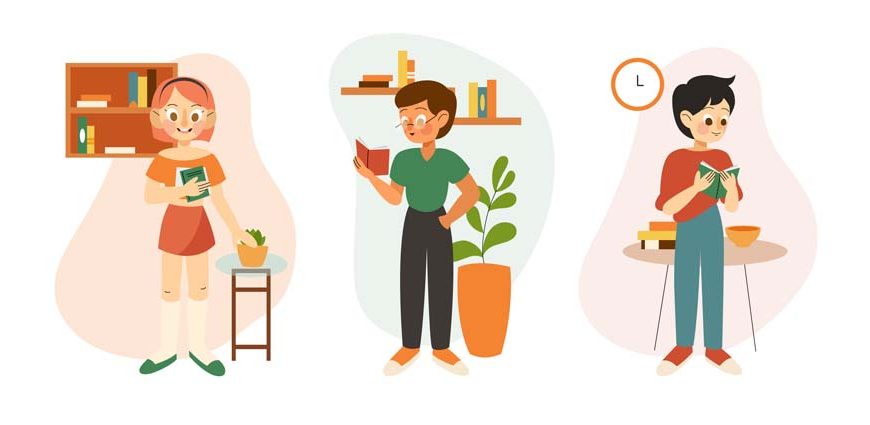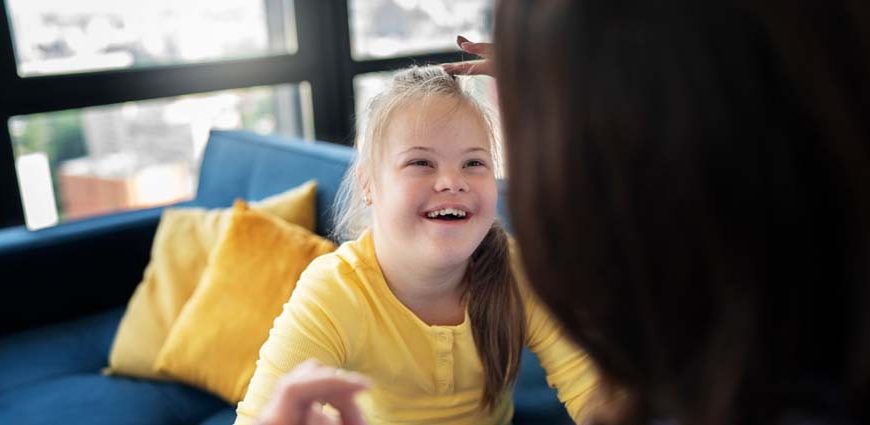Advantages of Outdoor Play for Early Childhood Development
Early childhood development is a critical period during which children experience rapid physical, cognitive, emotional, and social growth – motor skill development. One of the benefits of outdoor play is pivotal in fostering holistic development in young children. Here are some of the advantages of outdoor play for early childhood development. Outdoor play is vital in motor skill development and supporting early childhood development and offers numerous benefits to a child’s physical, cognitive, emotional, and social growth. Here’s how outdoor play positively impacts a child’s early development:
- Physical Development: Significant benefit of Outdoor play is that it allows children to be physically active, which is essential for developing gross motor skills, such as running, jumping, climbing, and balancing. It also promotes better coordination and overall physical fitness.
- Sensory Stimulation: Another essential benefit of Outdoor play is that it exposes children to various sensory experiences, such as feeling different textures, hearing multiple sounds, and seeing vibrant colors. This sensory stimulation enhances their sensory processing abilities and cognitive development.
- Creativity and Imagination: Outdoor environments offer open-ended and unstructured play opportunities. Children can use natural materials and elements to engage in imaginative play, creating games, stories, and role-playing scenarios.
- Cognitive Development: Outdoor play encourages problem-solving and critical thinking. Children may encounter challenges while exploring the natural world, and they learn to find solutions and adapt to various situations.
- Social Skills: Outdoor play activities for kids often help them interact with peers spontaneously and cooperatively. This enhances their social skills, including sharing, taking turns, and resolving conflicts, fostering emotional intelligence and empathy.
- Independence and Confidence: Outdoor play activities for kids allow them to take risks and explore their surroundings independently. As they overcome challenges and master new skills, they gain confidence in their abilities.
- Appreciation for Nature: Spending time outdoors helps children connect with nature and appreciate the environment. This connection can lead to a greater sense of responsibility towards the natural world.
- Stress Reduction: Outdoor play provides a change of scenery and a chance to release pent-up energy. Being in nature can reduce stress levels in children, contributing to better emotional well-being.
- Health Benefits: Sunlight exposure helps the body produce vitamin D, essential for bone health and immune function. Outdoor play also encourages healthy habits and reduces the risk of sedentary behavior.
- Language Development: Interactions with peers and caregivers during outdoor play offer opportunities for language development. Children engage in conversation, learn new words, and improve their communication skills.
- Executive Function Skills: Outdoor play promotes administrative functions, such as planning, organizing, and decision-making, as children engage in complex play scenarios.
To fully leverage the advantages of outdoor play and motor skill development for early childhood development, caregivers, parents, and educators must create safe and stimulating outdoor environments. Providing access to nature, play equipment, and opportunities for unstructured play fosters healthy development and a lifelong love for outdoor activities.
Early childhood development (ECD) refers to children’s physical, cognitive, emotional, and social growth and learning from birth to around eight. This period is a crucial phase of rapid brain development, and experiences during this time greatly influence a child’s overall development and future well-being. Here’s how early childhood development impacts a child’s life. Early childhood development is sensitive for kids because it is a critical period of rapid growth and learning that lays the foundation for their overall development and future well-being. Several factors make this stage particularly sensitive:
Rapid Brain Development: During early childhood, a child’s brain undergoes significant growth and development. Neural connections are formed astonishingly, shaping the brain’s architecture. A child’s experiences during this period influence brain development, making it a sensitive time for learning and acquiring new skills.
Developmental Milestones: Early childhood is marked by critical developmental milestones. These include language development, fine and gross motor skills, social interactions, emotional regulation, and cognitive abilities. Sensitive periods for these milestones mean that children are more receptive and can acquire specific skills during certain time frames.
Plasticity and Flexibility: The young brain is highly plastic, meaning it can adapt and change based on the child’s experiences and interactions with the environment. This plasticity allows the brain to reorganize and optimize its functions in response to stimuli. Early childhood is when the brain’s plasticity is at its peak, making it a sensitive period for learning and development.
Long-Term Impact: Experiences and interactions during early childhood have a lasting impact on a child’s life. Positive early experiences set the stage for future success in various domains, including academic achievement, emotional well-being, and social skills. Conversely, adverse experiences during this period can harm a child’s development.
Foundation for Lifelong Learning: Early childhood provides the foundation for future learning. A child’s ability to learn, problem-solve, and develop healthy relationships later in life is significantly influenced by their early experiences and the development of key skills during this period.
Window of Opportunity: There are specific skills and abilities that are best acquired during early childhood. For example, language development is most rapid during this period, and early exposure to language is crucial for building strong language skills.
Influence of Caregivers: Caregivers, including parents and other family members, play a crucial role in a child’s early development. The interactions, support, and care provided by caregivers profoundly impact the child’s emotional, cognitive, and social development.
Sensitive to Adverse Experiences: Early childhood is also sensitive to adverse experiences and stressors. Exposure to neglect, abuse, or trauma during this period can have severe and long-lasting adverse effects on a child’s development.
Given the sensitivity of early childhood development, providing children with a supportive, nurturing, and stimulating environment is essential for healthy childhood development . High-quality early childhood education, responsive caregiving, and positive experiences during this stage can significantly contribute to a child’s healthy development and well-being.
Regenerate
Early childhood development is a dynamic and crucial phase encompassing a child’s physical, cognitive, emotional, and social growth from birth to around 8. Parents play a central role in supporting and nurturing their child’s development during this period and ensuring the benefit of outdoor play in their child’s development. Here are some ways parents deal with early childhood development.
Every child is unique, and there is no one-size-fits-all approach to early childhood development. Healthy childhood development does not come with a tag. Parenting involves continuous learning and adaptation to support the child’s best interests and facilitate optimal growth and development.











